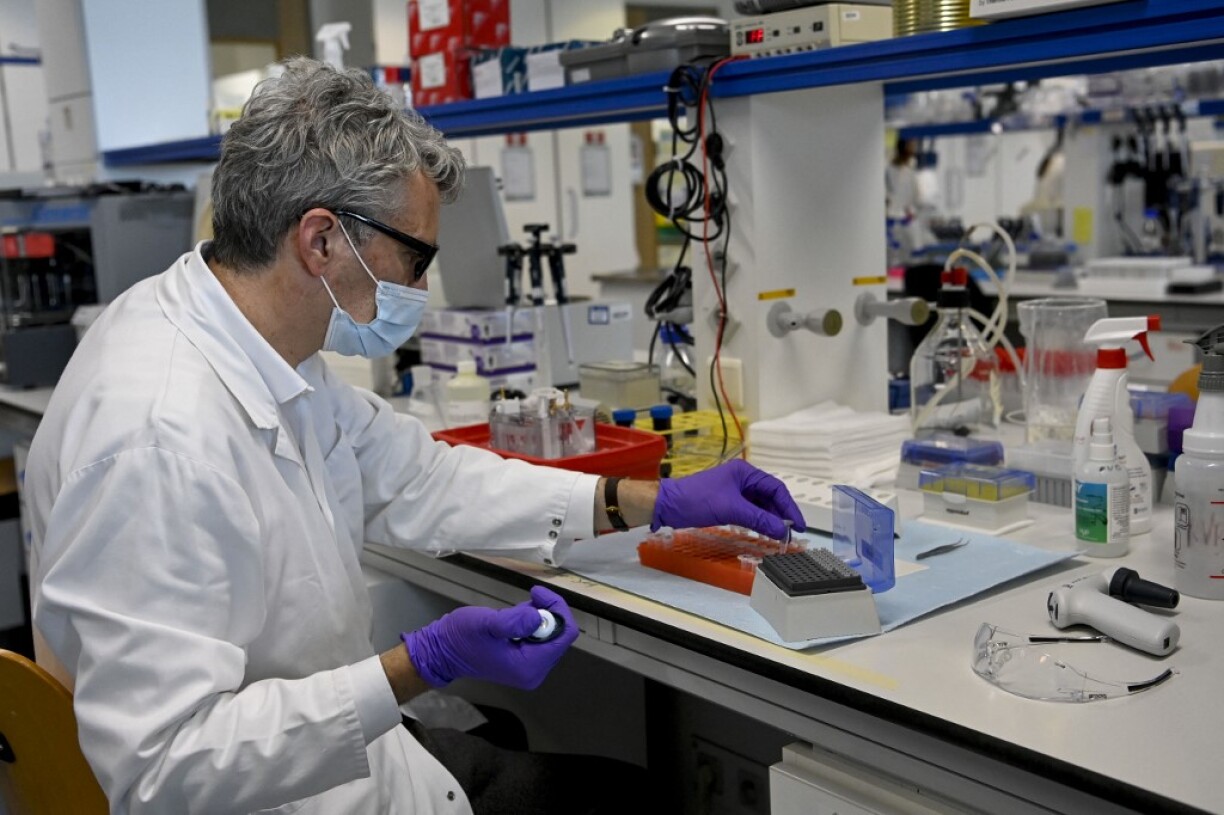
In order to track the spread of new Covid-19 variants, measure the effects of vaccination and quickly detect as yet unknown variants, the sequencing of the virus genome is an essential tool, crucial in controlling the pandemic. It offers a detailed portrait of the virus after it has been detected in an infected person.
Luxembourg is doing quite well compared to its European neighbours, its coverage being “one of the highest in Europe”, as Dr Tamir Abdelrahman, head of the microbiology department at the national laboratory LNS recently explained to our colleagues from 5 Minutes.
There has already been a marqued increase in sequencing over the past few weeks. By mid January, the national laboratory near the collectrice du Sud in Dudelange had sequenced just under 4,000 samples since the beginning of the pandemic.
Demand on the microbiology department has only increased in recent weeks, with 382 samples sequenced per week on average, which should go up to 600 samples soon, then to 800 in the coming months, says Frédérique Theisen, head of communications at the LNS. Their goal is to eventually manage 1,200 positive samples a week, giving them a fully representative image of weekly infections in Luxembourg.
This wasn’t the case even a short time ago. According to the most recent data from the Ministry of Health, spanning the week of 15 to 21 February, the British variant made up 52% of cases in Luxembourg, the South African 22.7%, and there had been no new case of the Brazilian variant.
But these numbers were far from representative, as the samples only represented 6.57% of all cases, well below the rate of 10% recommended by the European Centre for Disease Control and Prevention (ECDC) to get a representative sample.
To allow them to do the sequencing, the LNS requires valid positive tests (containing enough virus components), reagents (the necessary materials to perform the analyses) and enough personnel to do all the manual work and subsequent data analysis.
And this is where they are struggling. “Getting hold of reagents isn’t always easy. Now that everyone is sequencing, there are often shortages”, admits Frédérique Theisen. In personnel matters, the LNS has gone from a single technician tasked with sequencing at the end of 2020 to five collaborators and one bioinformatician.
But these numbers are far from sufficient to reach their goal of 1,200 sequenced samples a week. This is why the LNS is currently recruiting for 30 positions of lab technicians, pharmacists specialising in biology, bioinformaticians and so on. This is not an easy task considering some of these are highly specialised experts and obviously in high demand, says Frédérique Theisen.